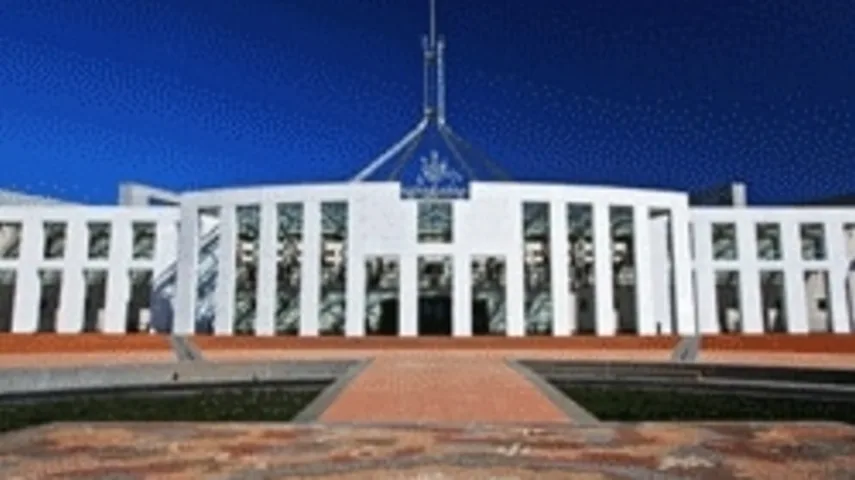The trouble with MySuper



The Government embraced a modified MySuper as a central element of its election policy but, as Mike Taylor reports, there remain plenty of reasons why the concept should be subject to further consultation and modification.
As predicted, the focal point for election discussion around the financial services industry was superannuation albeit that the Federal Opposition only released a highly truncated policy position three days out from polling day.
That the Coalition’s five-page policy document was thin on detail goes without saying, but what the abbreviated document did succeed in doing was highlighting the degree to which, unlike the findings of the Joint Parliamentary Committee on Financial Services (Ripoll Inquiry), there has never been bipartisan support for the findings of the Cooper Review.
The only significant Cooper Review recommendation to gain even a semblance of bipartisan support has been SuperStream — the recommendations going to encouraging greater back-office efficiency across the superannuation industry, including the use of Tax File Numbers as identifiers.
Where the Cooper Review’s MySuper is concerned, the Coalition made clear in its brief policy announcement that it would not be disposed towards embracing the concept without first conducting a full consultative process with the financial services industry.
“The SuperStream proposal and any other measures which deliver greater efficiency in the sector are worthy of further consideration,” the policy document said.
“An increase in the efficiency of the ‘back-office’ functions of superannuation funds will lower costs. It will also make it easier for fund members to transfer between funds.”
However, with respect to MySuper, the Coalition acknowledged the Government’s embrace of the concept but said it believed the proposal needed to be the subject of full discussion with the industry.
By referencing the need for full discussion with the industry the Coalition was, in fact, reflecting the views of a significant section of the financial services industry.
Quite simply, notwithstanding the fact that the Government’s version of MySuper differs in some important aspects from Cooper’s version of MySuper, it still fails to reflect adequate consultation with the broader industry.
Explaining his version of MySuper on an Australian Labor Party blog during the election campaign, Financial Services Minister Chris Bowen described it in the following terms:
“MySuper is a new low-cost and simple superannuation product that replaces existing default funds.
“The features of MySuper include:
- no entry fees, with exit fees limited to cost-recovery;
- a ban on hidden fees and commissions in relation to retail product distribution and advice by financial advisers in line with Federal Labor’s reforms to financial advice;
- standardised reporting requirements in plain English.
- any member will be able to opt out of MySuper. MySuper continues Labor’s commitment to increase the retirement incomes of all Australians. We have already:
- provided more support for pensioners through reforms that have driven increases of more than $100 a fortnight in the age pension for singles and $74 for couples.
- committed to increasing the Superannuation Guarantee to 12 per cent by the end of the decade, which will boost the retirement income of 8.4 million working Australians.
- announced a ban on commissions and other conflicted remuneration structures for financial advice through the Future of Financial Advice reform package. Under MySuper, there will a reduction of super fees of up to 40 per cent. For a 30-year-old worker on average wages, this would mean a $40,000 increase in the benefit they’d receive upon retirement.
“Super funds will be able to offer MySuper from 1 July 2013.
“Think about that $40,000 increase to your retirement benefit brought about by the 40 per cent reduction in fees. What would that mean to you?”
The industry super funds movement has embraced the MySuper concept and a number of the major institutions, including AMP, have signalled that they have products, which would be capable of fitting within the Government’s MySuper template.
But it is hard to ignore the paternalistic nature of Cooper’s original concept and the fact that MySuper tends to go against a great many previously held beliefs in the financial services industry that people should be encouraged to become more engaged with their superannuation.
The entire concept of MySuper is predicated upon accepting that many Australians can and will remain disengaged from their superannuation and that, in these circumstances, their interests can be served by tipping them almost compulsorily into an option which, while fulfilling a regulatory template, may deliver a lowest common denominator investment outcome.
While Bowen and Cooper have suggested that someone utilising a MySuper option could add up to $40,000 to their ultimate retirement benefit, the question needs to be asked about how much more they might have earned if they had become active participants in their superannuation and were the recipients of appropriate advice.
Bowen was careful to note that superannuation fund members would be able to exit MySuper at any time.
However, it stands to reason that any decision to exit could only be made if those concerned had engaged with their super.
The MySuper concept may have its merits, but the Coalition was right to argue that it should be subject to a good deal more discussion than has occurred to date.
Recommended for you
The winners have been announced for the 2025 Super Fund of the Year Awards, held in Melbourne on 26 November by Money Management's sister brand Super Review.
Data and technology provider Novigi has acquired Iress’ superannuation consulting and managed services business from Apex Group.
AMP is to launch a digital advice service to provide retirement advice to members of its AMP Super Fund, in partnership with Bravura Solutions.
Unveiling its performance for the calendar year 2024, AMP has noted a “careful” investment in bitcoin futures proved beneficial for its superannuation members.









